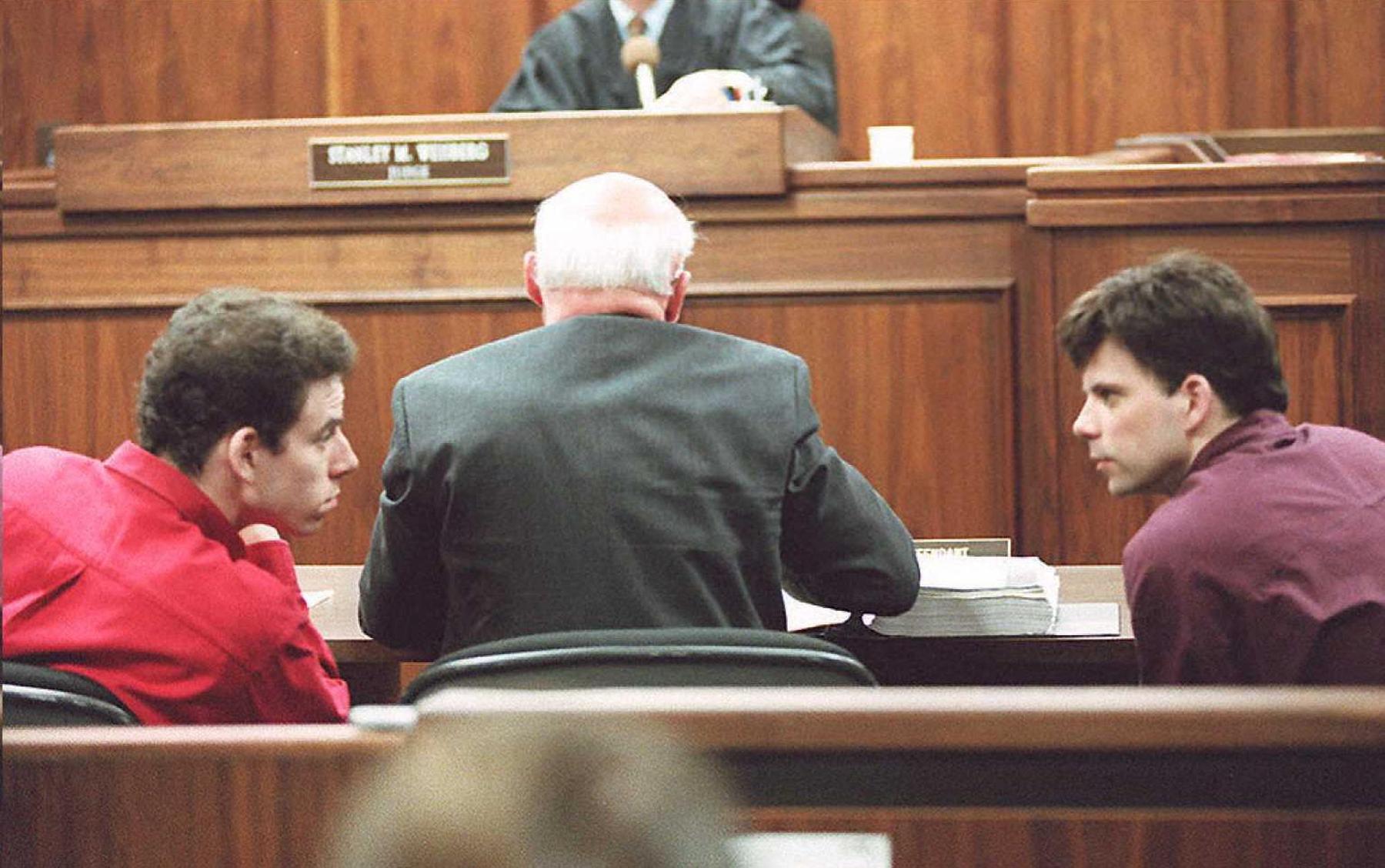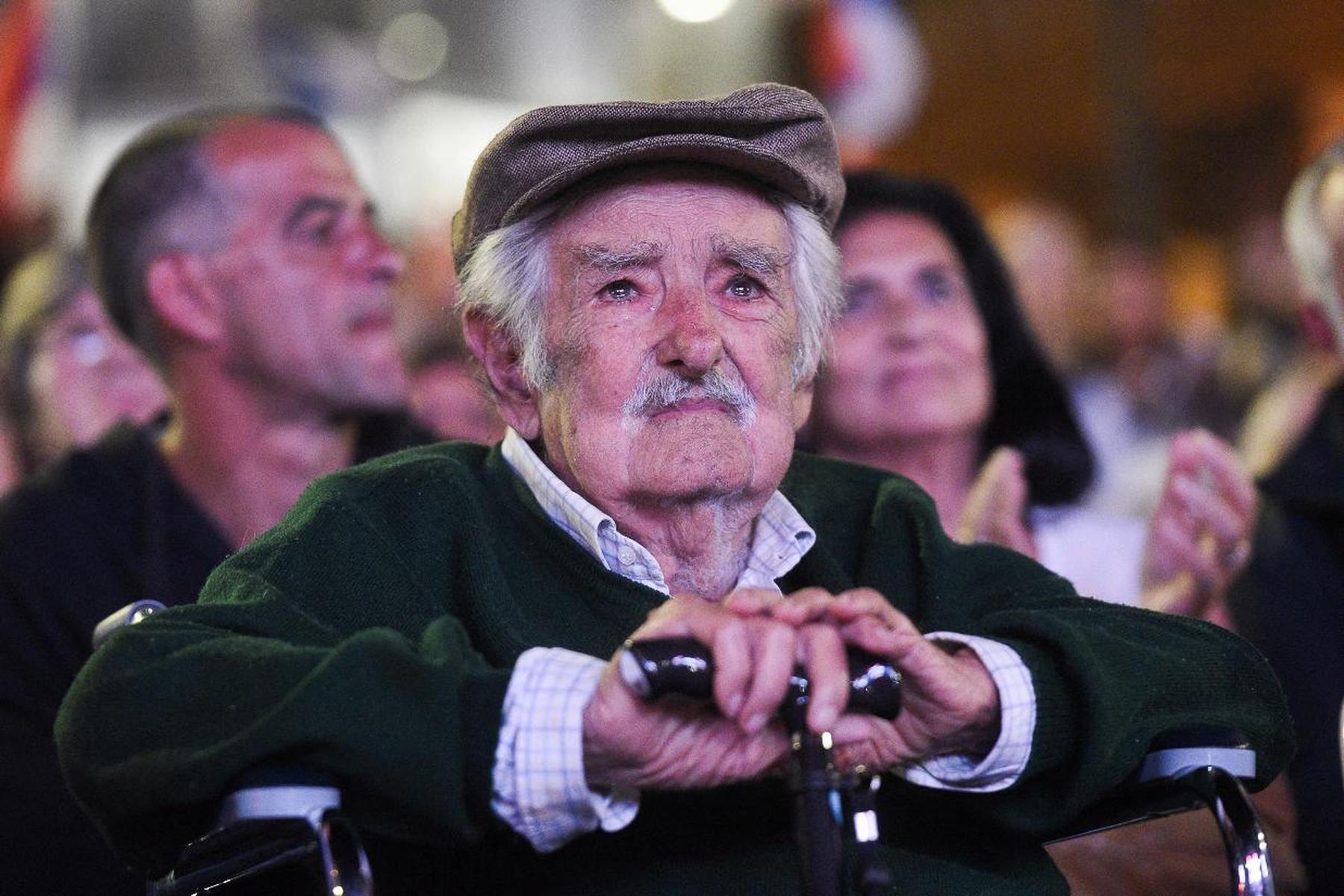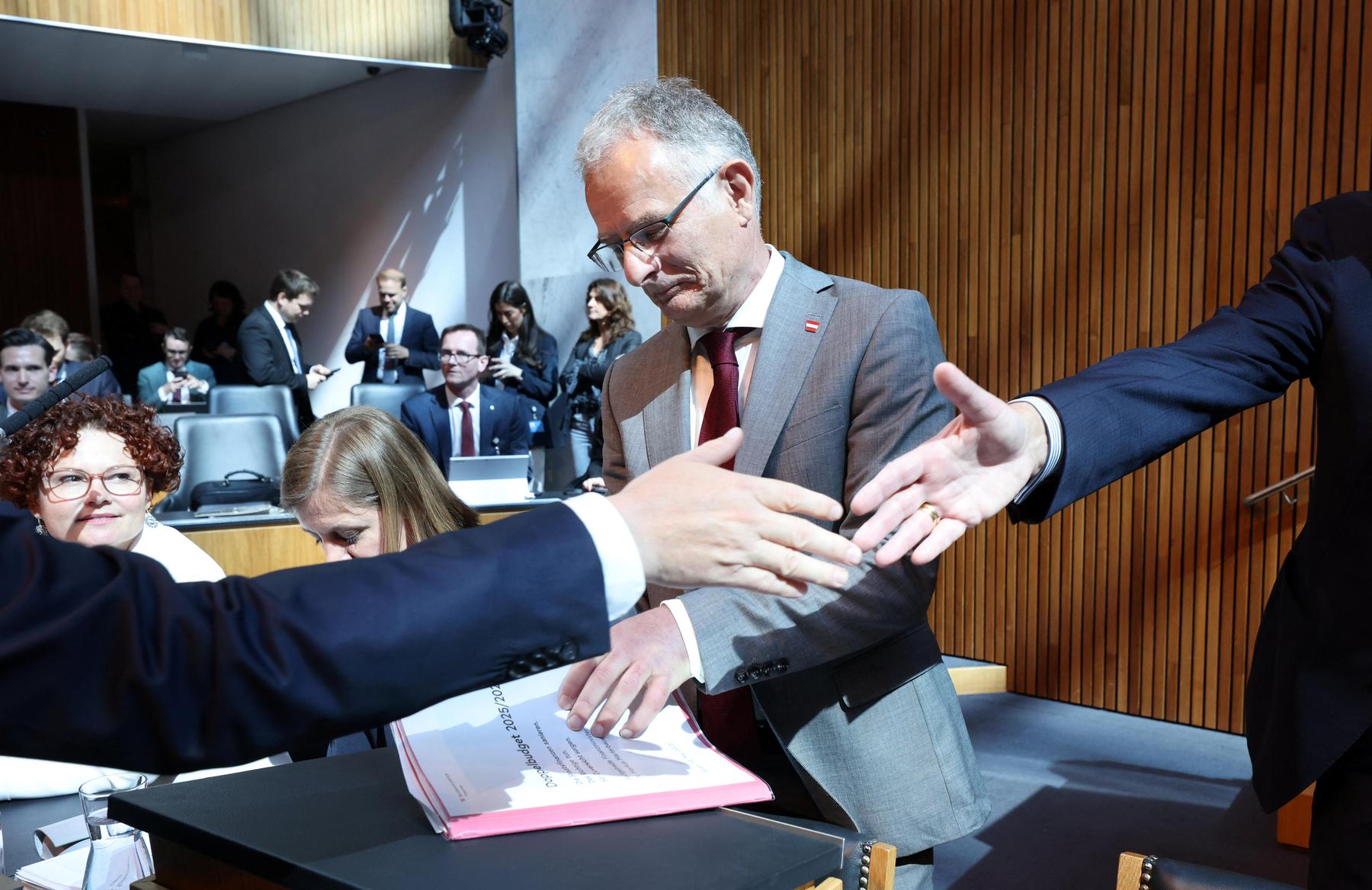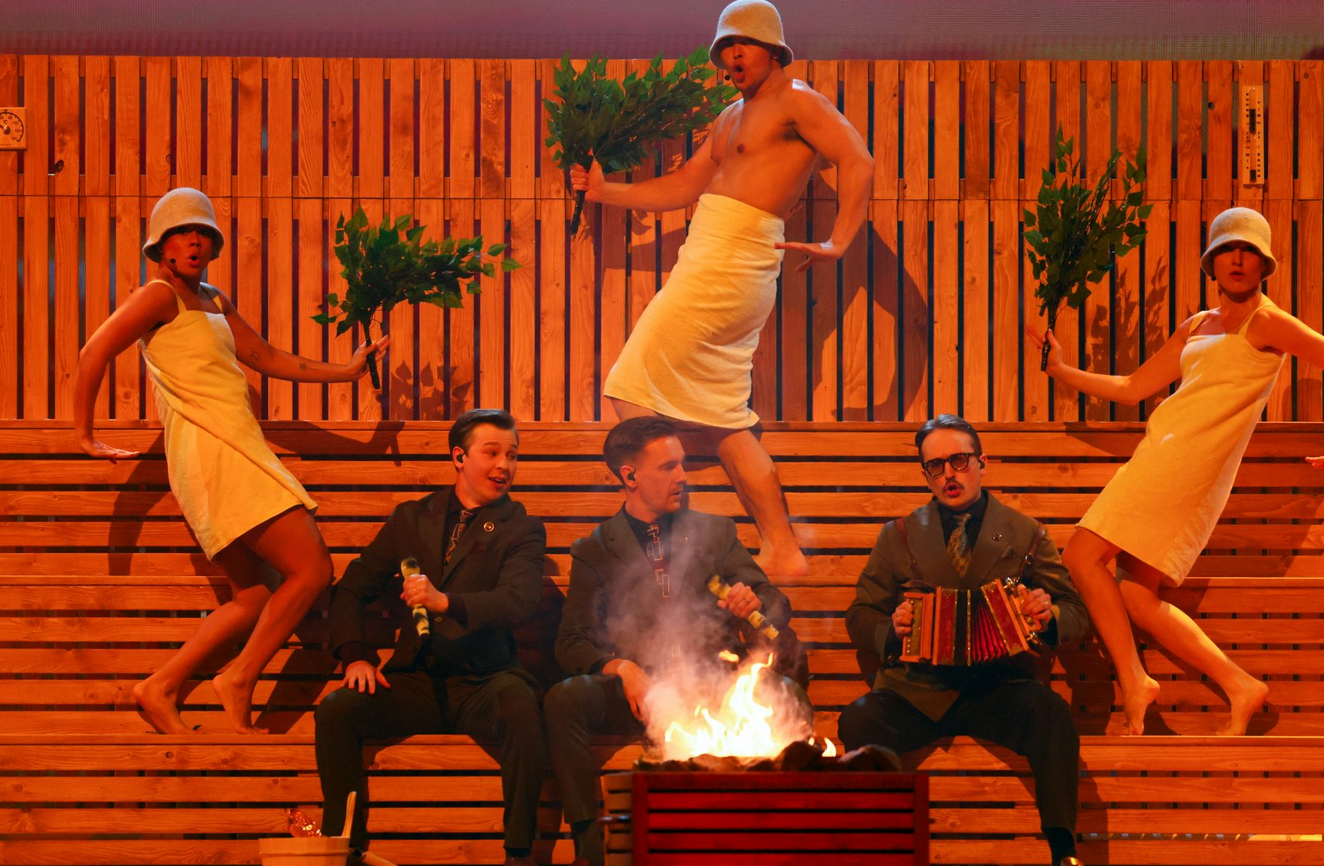Why Robert F. Prevost became Pope so quickly – DiePresse.com
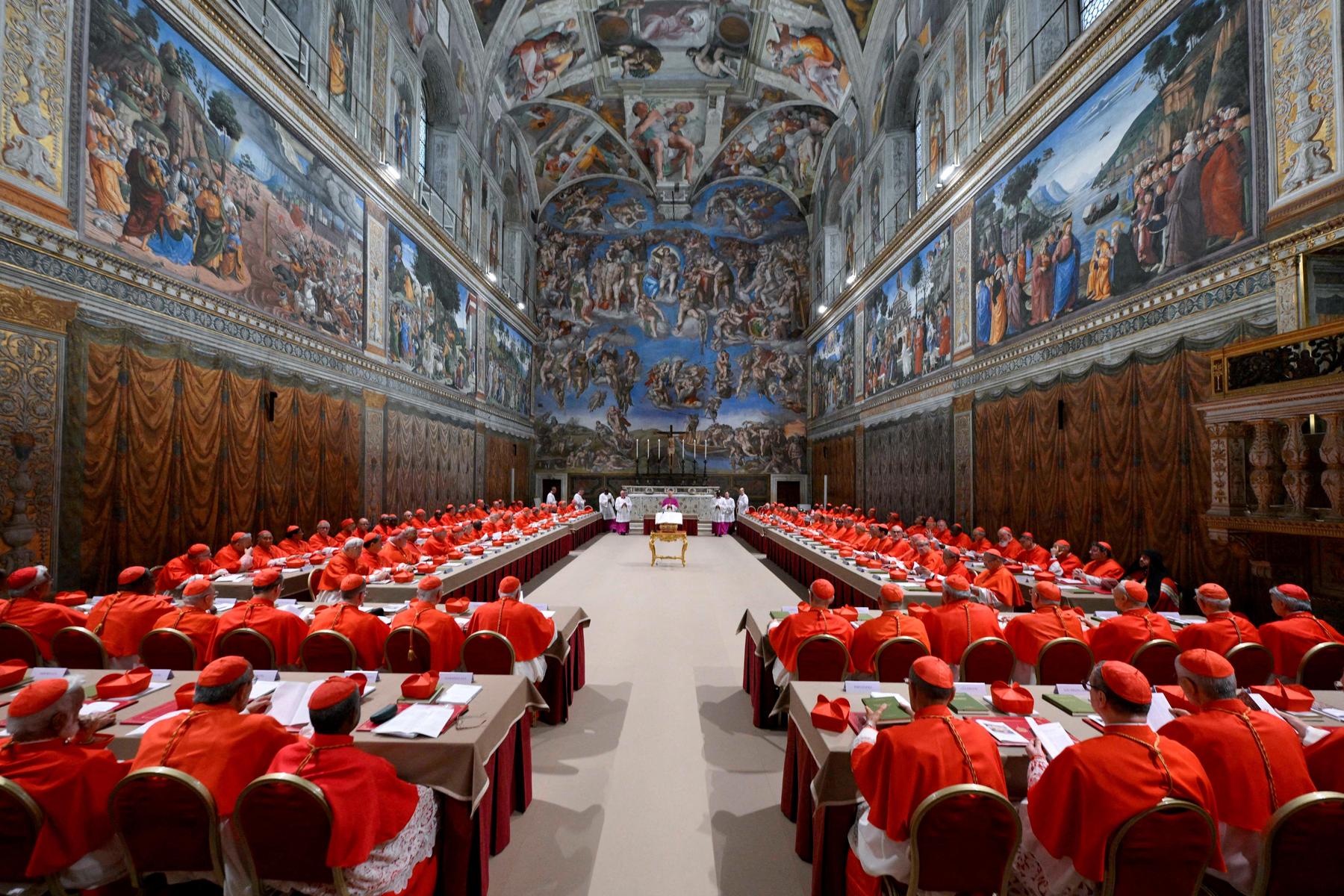
Vatican experts reconstructed the course of the conclusion. Apparently the American had powerful sponsors.
Actually there has been an iron law for centuries: strict secrecy. Reports about defeats, moods, alliances, hostilities are not allowed to leave the Sistine chapel or the Santa Marta guest house.
But with this pope choice there were apparently several cardinals in a chat mood. And so several newspapers managed to reconstruct the approximate course. Received at the end of these electoral courses Robert F. Prevost Surprisingly, more than two thirds of the 133 votes cast. And became Pope Leo XIV.
Frugales meal in Santa Marta
The first ballot on Wednesday, May 7th, was unsatisfactory. Three groups had emerged, a prayer for meditation went out into the evening, the cardinals left the chapel tired and hungry, writes the « New York Times“. They advanced there, even at the slight dinner. Already at that time, cardinal secretary lost Pietro parolinwho was considered a clear favorite: even the Italians were split.
But the conservative Hungarian Peter Erdö found only a few supporters, except for some Africans. And so the interest in the silent American Prevost grew – largely unknown outside of the church – he developed into an ideal compromise candidate.
German help
The basis for this laid the preparatory work of some important cardinals in the pre -concrete: on the one hand the New York Cardinal Timothy Dolan. He made sure that conservatives in Prevost not only saw continuity to Francis. He underlined that Prevost also had more conservative positions in moral theological and canon law issues.
The Munich Cardinal Reinhard Marx, who was considered progressively, also promoted private meetings in his Roman residence for Prevost. The precarious financial situation of the holy chair played an important role. Because of his long experience, Prevost is also trusted in the Vatican to get it under control.
Later voices were added from various camps: from the conservative Cardinal Cardinal Raymond Burke and from the conclave from Antonio Tagle (Philippines), which was initially considered « papabiles ». Other « highly traded » candidates like Pierbattista pizzaballa (Jerusalem), Matteo Zupi (Bologna), Mario Grech (Synoden Secretariat) or Jean-Marc Aveline (Marseille), on the other hand, have ended in the low double-digit or even in the single-digit range.
That became clear on Thursday. Parolin had a bad start, but the Prevost cut off strongly right from the start and ended up in second place.
Prepared speech
At the second ballot on the morning of May 8, Prevost had already had more votes than slogans, so that he had clearly understood that he wanted to transfer his “voice package” to Prevost. The French cardinal Aveline reacted similarly. In the third ballot, Prevost grew up further votes, including a number of votes from Africa. Here his time as a missionary in Peru and as the upper of the Augustinian order very active in Africa had paid off here.
Already at the third ballot on Thursday afternoon, it was clear that Prevost was almost unable to go ahead. That was probably the point where Prevost, as Dolan later frankly told journalists, hit his hands over his head and began to make friends with the inevitable.
During the lunch break, he apparently already began to write down his first speech on a college block, which he was to read from the sheet in the evening after the election. In the fourth and final ballot in the afternoon, Prevost finally received more than 100 votes. (Basta., APA)

